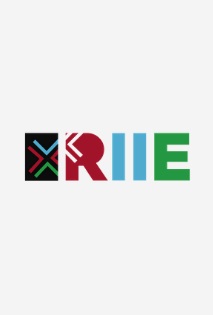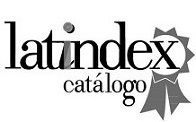Movimientos populares y su praxis educativa: Aportes para pensar la educación de jóvenes y adultos
DOI:
https://doi.org/10.30972/riie.13186350Palabras clave:
Educación de jóvenes y adultos, formación, movimientos populares, praxisResumen
Este trabajo se sustenta en la experiencia de extensión e investigación de nuestro equipo junto a Movimientos Sociales Populares. Desde hace varios años, indagamos acerca de su praxis educativa, prestando atención a los aspectos formativos de la actividad cotidiana, a los procesos sistemáticos de formación y al abordaje de lo escolar en estos movimientos. Concebimos a todas estas instancias como espacios significativos de construcción de subjetividades.
Desde esta perspectiva, entendemos que la experiencia y la reflexión pedagógica que venimos haciendo junto a los movimientos pueden aportar dimensiones de análisis significativas para pensar las prácticas que ocurren en otros escenarios, en el campo de la Educación de Jóvenes y Adultos (EDJA). Estas dimensiones se refieren a los modos en que se construye el sentido de las actividades educativas; a las decisiones vinculadas a qué y cómo se enseña y aprende considerando la relación entre el conocimiento, la vida, la experiencia y el hacer; a la dimensión subjetiva y al lugar de los sujetos en los procesos educativos.
Descargas
Descargas
Publicado
Cómo citar
Número
Sección
Licencia
Aquellos autores/as que tengan publicaciones con esta revista, aceptan los términos siguientes:
- Los autores/as conservarán sus derechos de autor y garantizarán a la revista el derecho de primera publicación de su obra, el cuál estará simultáneamente sujeto a la Licencia de reconocimiento de Creative Commons que permite a terceros compartir la obra siempre que se indique su autor y su primera publicación esta revista.
- Los autores/as podrán adoptar otros acuerdos de licencia no exclusiva de distribución de la versión de la obra publicada (p. ej.: depositarla en un archivo telemático institucional o publicarla en un volumen monográfico) siempre que se indique la publicación inicial en esta revista.
- Se permite y recomienda a los autores/as difundir su obra a través de Internet (p. ej.: en archivos telemáticos institucionales o en su página web) antes y durante el proceso de envío, lo cual puede producir intercambios interesantes y aumentar las citas de la obra publicada. (Véase El efecto del acceso abierto).






.jpg)


